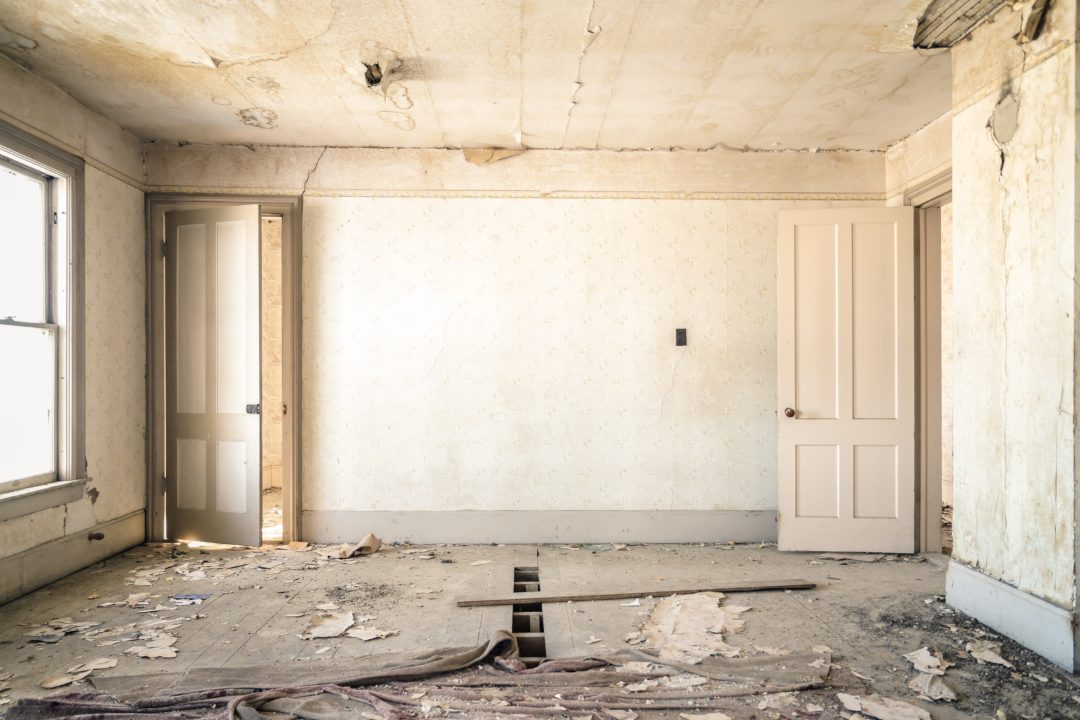As the old saying goes, “beware of strangers bearing gifts,” and this is especially true when considering elderly home safety issues. Unfortunately, seniors are more and more often the target of fraud or financial crimes. This breach of elderly home safety occurs because many older folks have worked hard throughout their lives, building up significant assets. Seniors may unwittingly further compromise their elderly home safety through the fear of losing their financial independence. There are many scams that are a serious threat to elderly home safety and security. Thankfully, you can educate yourself about the most common scams, including those that can drain your bank account.
When you consider that the elderly control over 70% of the nation’s wealth—and that many of them are unaware of the value of their assets—then elderly home safety takes on a new meaning. Additionally, many seniors have a very predictable pattern to their lives, making it especially easy for scammers to approach them in their home and be assured there will not be other people there to intervene. Elderly home safety is often perpetrated by strangers who prey specifically on the elderly, and many times older people will not report repair scams or fraud due to embarrassment, fear of retaliation, or because they believe it is somehow their fault for being duped.
Typical Elderly Home Safety Repair Scams
The most common forms of elderly home safety scams and fraud are through people who come to your door, claiming to be specialists in some form of home repair. These con artists are usually very personable, and are experts at gaining your trust. Typically these people will either be offering to pave your driveway, replace or add gutters to your home, paint the exterior of your home, or even replace your existing roof.
Elderly home safety is compromised the moment you allow these crooks into your home. They will generally spend a fair amount of time with you, chatting, talking about your family and their own family (probably bogus) and just generally getting you to feel at ease around them. It is highly likely that the entire time they are talking to you, they are casing your house for anything of value which can be easily taken or planning an elderly identity theft.
Scammers may ask you if they can take a look at your roof and see what kind of shape it’s in. Most elderly folks are not too keen on climbing up a ladder to look at their roof, making it easier for the con to come down the ladder and state the roof is on its last legs, has noticeable areas of wear which will soon leak, or is so aged that it is a fire hazard. They will offer an exceptional “deal” on a new roof, which, of course, requires an up-front “good faith” deposit on your part.
In the same way, scammers who are offering rain gutters or a paved driveway will do everything in their power to convince you it is an absolutely necessary repair. In some cases, the work is actually done, however it is such poor quality that it is worth a small percentage of what you paid, or it wasn’t necessary in the first place.
Other Elderly Home Safety Considerations
As noted, most elderly people are not likely to climb a ladder or crawl underneath their home in order to verify the extent of the stated problem—or if it even exists. Many seniors are not up to speed regarding the current market value of materials and labor, so are much more likely to easily accept an over-inflated bid for repair work. Elderly home safety is compromised when the less-sophisticated criminals use intimidation, coercion or pressure to convince an elderly person to write out a check, thus becoming a victim.
To minimize your exposure to fraud, and maintain your senior safety, never, ever do business with anyone who is going door-to-door. If you truly believe your home needs repair work, call a trusted, reliable company. Never give a repairman who shows up on your doorstep unannounced access into your home. They may only be scouting out your home for a later theft. Most reputable businesses do not demand money up front, so it’s rarely a good idea to write a check until the work is completed to your satisfaction. If possible use a credit card instead of a check, since it offers certain fraud protections checks don’t.





